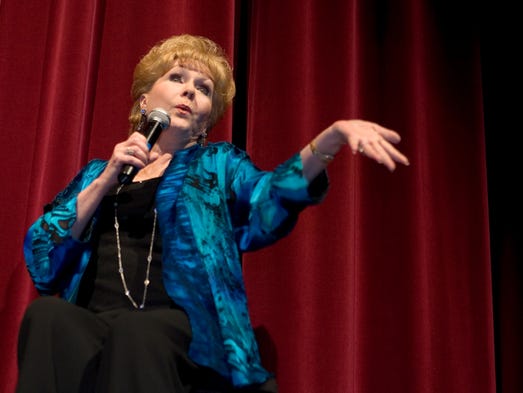I share with you, my readers, a childhood memory: the Plaza Theater in my hometown of El Paso, Texas, USA. I was not fortunate enough to see it in its heyday. When I went there, it was to accompany my mother and grandmother to watch Mexican movies (this may be why I hate it when the host insists on saying that movies stopped playing at the Plaza in the mid-1970s. It's more correct to say English-language movies stopped playing there, but I suspect they aren't all interested in non-Spanish foreign language films that did play there, but I digress).
Even then, when the Plaza was not as posh as it is now (which is why I get a private kick seeing how people dress up to events at a place which I remember as a child as a bit low-rent), it still had a certain magic, an aura, of something spectacular. If I ever got tired of watching Vicente Fernandez or Mario Almada (who were my ideas of what 'movie stars' were), I could always look around the theater itself. I was fascinated by the lights above me, which sparkled like the stars they were suppose to be. I marvelled at the stage and the bushes in the upper levels which I was never sure were real or not (I was about 5-7 at the time, so cut me some slack). Now, I don't remember this, but my mother tells me that I loved to run up to the balcony and hide in the curtains, which caused her endless frustration...and me endless delight I suppose.
Still, in spite of its weakened state I think going to the Plaza (and sometimes the Colón Theater down the street) gave me that appreciation of film that I have now. Almost all my friends have the disadvantage of knowing nothing but multiplexes. To them, if a movie theater has only seven screens it's in their mind quite small. Imagine if they fully realized people usually would see One film on One screen. The Horror, The Horror.
I got only a slight taste of what a movie palace was like (and, oddly enough, I also got to experience something few nowadays have: a drive-in theater. Yes, they also were Mexican movies, but on the whole a wonderful experience. Pity people now like to hide away in a maze of screens, but again I digress). There was a great beauty and art to the architecture within and without the Plaza and their breed, an elegance that signaled that you were going to be taken into fantastic new worlds. It was opulent and inviting all at the same time.
The Plaza Classic Film Festival shows what I have long argued: if people are given a chance and if they give a chance to good movies, real good movies, those classics they all seem afraid of, they will find they had nothing to fear.
I have been an enthusiastic supporter/booster for the PCFF since Day One. Now we go into its third year, and yes, I will be there once again. The first year, I flocked to all my favorite films and those I'd seen before without even thinking about what I was
not watching.
The second year, I realized too late, that I was missing out on one of my Core Beliefs: Giving Something New A Try. I did see at least one film I'd never seen before (
It Happened One Night) and found it an extremely rewarding experience. For Year Three, I will expand to concentrate more on those films I have yet to see. However, I will be watching some old favorites, but I will actually skip some in favor of newer fare.
Here is my compiled list of films I plan to see (new films in bold):
- Saturday Night Fever
- Singin' In the Rain
- Easy Rider
- Citizen Kane
- Metropolis
- Leave Her to Heaven
- Howl's Moving Castle
- Wild Strawberries
- The Godfather
- Eyes Without A Face
- The Rules of The Game
- Breathless
- The Best of Dallas Video Fest (an anthology of short films)
- The General
That's a pretty ambitious goal. 8 out of 14 films, more than half of the films will be new. Even better, I enter them with no preconceptions and barely the vaguest notions of what they are about. I know, for example, that
Wild Strawberries is Ingmar Bergman, and
Breathless, The Rules of the Game, and
Eyes Without a Face are in French, but other than that, my notebook is blank. Therefore, I go in like with any other movie: expecting to be entertained and overwhelmed with the power of the story/acting/directing.
In the case of the Dallas Film Fest, there, I do worry. Younger film-makers today seem more intent and interested in making "A STATEMENT", of being "AVANT-GARDE" and self-consciously "ARTISTIC", rather than letting the story tell itself or trusting their audience to get what they're trying to say.
I remember one particularly grotesque moment from the UTEP Film Festival a few years back. One of these (in my view) pretentious 'artistes' decided to mix the imagery of the title number of
Singin' In the Rain with the audio from
A Clockwork Orange that had the same song. I bet she thought she was being clever, being intellectual, being edgy and creative. Now, normally I have no objection to trying something new...in fact, I support such efforts. In this case, however, the results were disastrous. She failed to realize one small thing: they work brilliantly
in their own version, but can never be mixed because by taking them out of their context, you end up polluting both.
I was appalled, as was my friend Fidel Gomez, Jr. (who may or may not be dead). The audience sat in stunned silence when that clip rolled, and I remember no applause. She didn't get it: they take place in two wildly different scenarios, and she was perverting BOTH versions by this weak attempt at being 'artsy, daring'. Gomez, a Kubrick fanatic, thought she was mocking one of his favorite films, while I, a musical aficionado, was disgusted by her efforts to connect the violence McDowell was displaying with the beauty of Kelly's performance. I know what she was going for, and the fact that A.) she misjudged so terribly, and B.) failed so disastrously, forever made me suspicious of college film-makers who are more interested in showing off than in showing a story.
She seemed so intent on being clever she failed to be good. That may be my only hesitation when it comes to this anthology. How I hate 'artistes' trying to show off. It's one thing to try for originality (which can be achieved), but another when originality is the only thing you're going for. Still, this is why I'm going, or at least try: to conquer my fear and make new discoveries. I may yet be surprised and find that there are some people who genuinely want to make good films, as opposed to clever ones.
Yet I digress.
I note there are now silent films into the mix, and I couldn't be more delighted. I love silent movies and wonder why they don't make them anymore.
Well, there it is. 14 films is not as ambitious as I think, though I'm still debating
Saturday Night Fever--that's at 10 p.m. and I do work the next day. I will write about all of them, so I expect there will be a nice gap between today and reviews. Still, to see these films as nature intended, oh the glory.
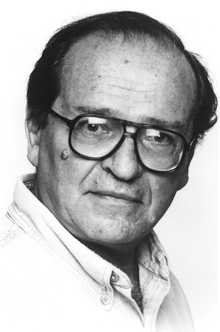









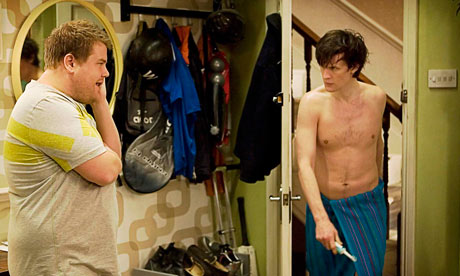



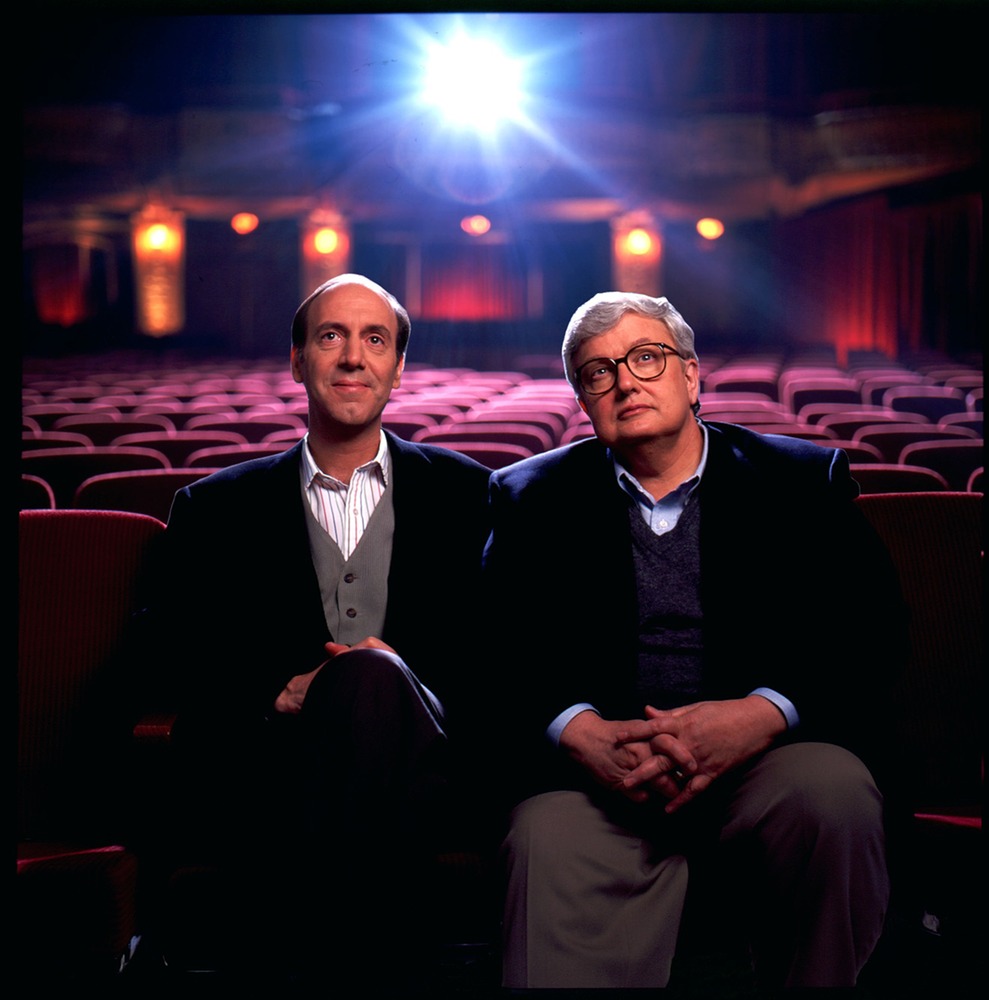

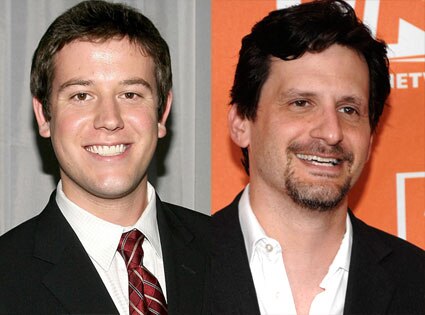
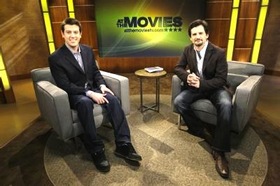




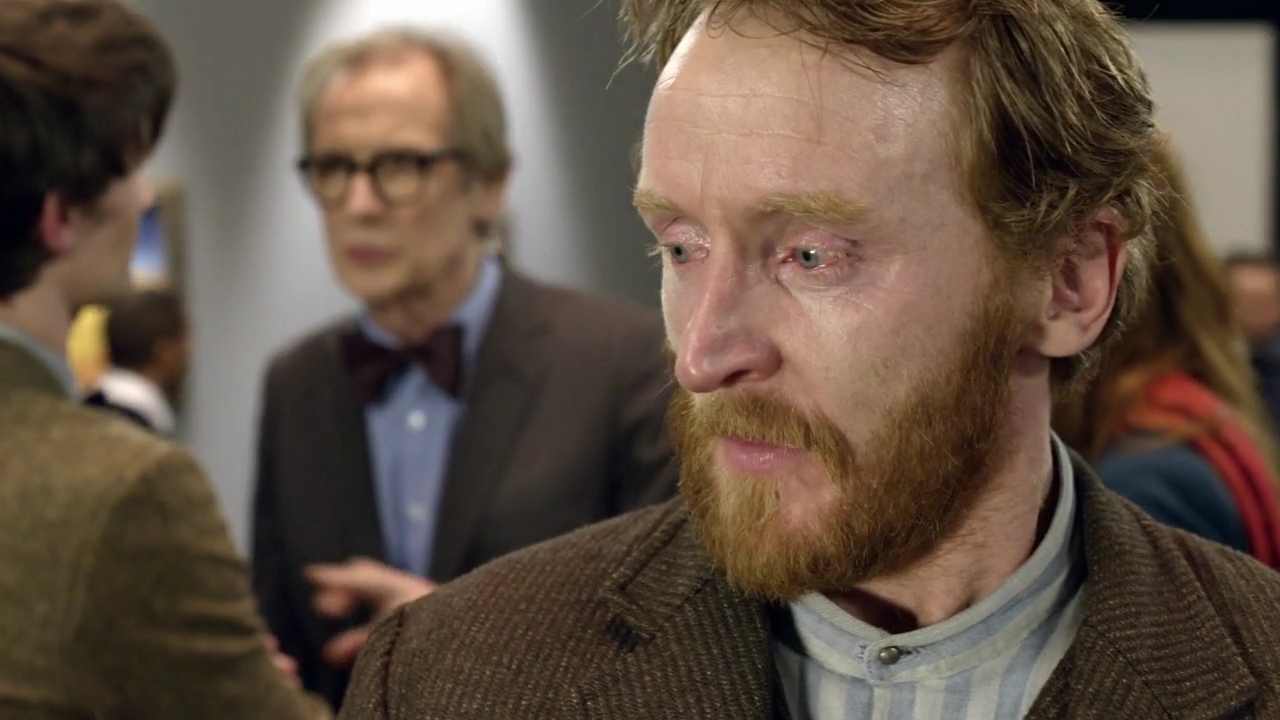

.jpg)










